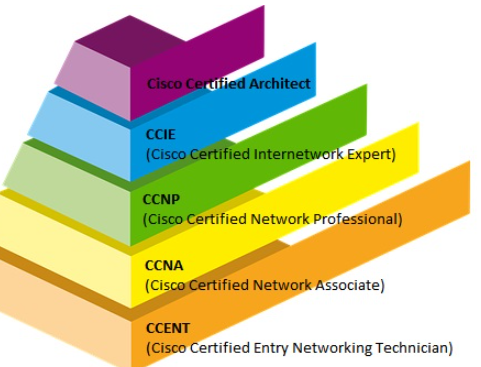The Cisco Certified Network Associate (CCNA) certification is one of the most recognized credentials in the networking field. Designed for entry-level and mid-level IT professionals, the CCNA validates essential knowledge of networking fundamentals, IP connectivity, security basics, automation, and programmability. As organizations increasingly rely on robust networks to support cloud platforms, mobile workforces, and large-scale digital operations, the demand for CCNA-skilled technicians continues to grow. Whether you’re looking to start your IT career or expand your professional capabilities, the CCNA is a strong foundation for long-term success.
Key Skills Covered in the CCNA Track
The CCNA curriculum is crafted to give learners a well-rounded understanding of modern networks. One critical area is network fundamentals, including the OSI model, TCP/IP architecture, cabling, and device roles such as switches, routers, and access points. Candidates also study IP addressing and subnetting, crucial for designing and troubleshooting scalable networks.
Another major focus is IP connectivity, where learners explore routing protocols, interface configurations, static routes, and the logic behind packet forwarding. Security has also become central to Cisco certifications, so the CCNA now includes core topics such as secure device access, threat detection, wireless security, and basic firewall concepts. Finally, the exam covers network automation and programmability, reflecting the industry’s shift toward software-defined networking and the use of APIs to streamline configuration tasks.
Benefits of Earning a CCNA Certification
Achieving a CCNA certification offers both immediate and long-term benefits for IT professionals. First, it demonstrates a solid grasp of networking principles, which helps job seekers stand out in a competitive market. Employers often view the CCNA as evidence of hands-on capability and readiness to support operational networks.
Second, the CCNA opens doors to various roles, including network technician, support engineer, junior network administrator, and helpdesk specialist. As you gain experience, the CCNA can serve as a stepping stone toward advanced certifications such as CCNP Enterprise or CCIE. For those planning a career in cloud computing, cybersecurity, or data center management, the CCNA provides foundational skills that translate well across disciplines.
Finally, preparing for the CCNA naturally strengthens practical troubleshooting skills. Learners become more confident analyzing network issues, interpreting logs, and configuring real devices—abilities that are indispensable in today’s IT environments.
How to Prepare for the CCNA Exam
Preparation is a crucial part of earning the CCNA, and there are several effective methods to build a solid understanding of the required topics. Many learners begin with official Cisco training, which includes guided labs, video lessons, and structured content aligned with the exam blueprint. Online learning platforms also provide flexible courses, practice tests, and virtual labs that replicate real Cisco devices.
Hands-on practice is perhaps the most important component. Tools such as Cisco Packet Tracer and GNS3 allow candidates to design, configure, and troubleshoot networks in simulated environments. These platforms help reinforce theoretical knowledge with real-world scenarios. Additionally, reviewing Cisco documentation, reading networking blogs, and joining IT forums can deepen understanding and expose learners to common troubleshooting patterns.
Is the CCNA Right for You?
The CCNA certification is ideal for aspiring network engineers, system administrators, and anyone looking to build a strong foundation in networking. Even professionals in cloud or security fields benefit from understanding how networks function at the infrastructure level. If you enjoy logical problem-solving, technology, and continuous learning, the CCNA offers an excellent path into the IT industry.

